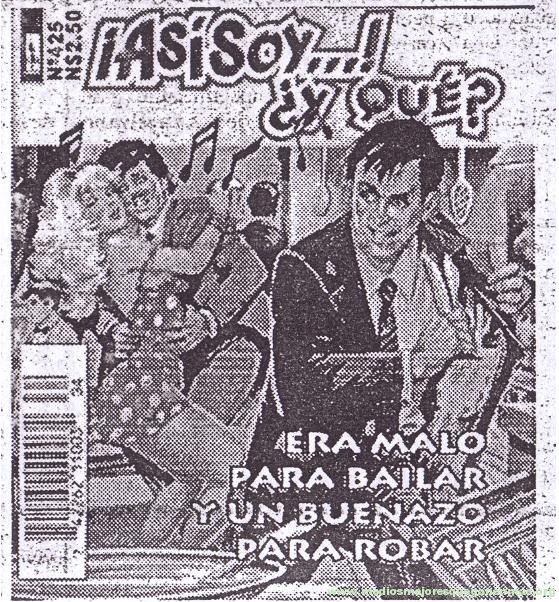ANGELS WITHOUT WINGS: CONTENT POLICIES IN MEXICAN TELENOVELAS, 1957-1997
17 years ago, an international conference analyzed how the Government arisen from the Mexican Revolution, remodelled its people’s culture to secure its permanence in the power. That’s where I presented this paper.
The Mexican authorities’s success was such, that they still preside over the country, and manage to keep a democratical image, despite the close-to-war-like period the country is navigating through.
Back home after presenting this paper, a woman –with a stocking distorting her face, followed me during several days, and threatened me. And because of what she said (amongst other things: she knew that my parents were from Spain), I could tell they had investigated me.
I’ve been living in Spain for 14 years, during which my country has broken into pieces. As I go over this text, I wonder where I got the courage to read it back then, considering the reprisals I have had to deal with.
I now publish it in my web, because Spain’s historical evolution faces a critical dilemma, that this text can help understand and solve:
The current economic crisis forces authorities to eliminate or reduce subsidies, sponsorships, official appointments and employment, and other State-granted privileges to cultural agents and industries. If you take them away, however, you can no longer expect to receive the ideological privileges that you received in exchange for them.
If you pay the musicians, then you can make them play the tunes you like, the way you like them, even if this makes them betray their social function or their personal aspirations. What doesn’t make sense, is to expect them to play it your way –precisely the way the general audience dislikes and won’t pay for–, in exchange for nothing.
It is not that they lack loyalty towards the Governmental agenda. In our modern society –in which only money can be used to exchange goods and pay taxes, everything’s got a price. Even mere survival, happens to be too expensive for anyone with no currency in his/her pocket; and sadly enough, musicians –like every other cultural agent and live citizen, need to eat.












